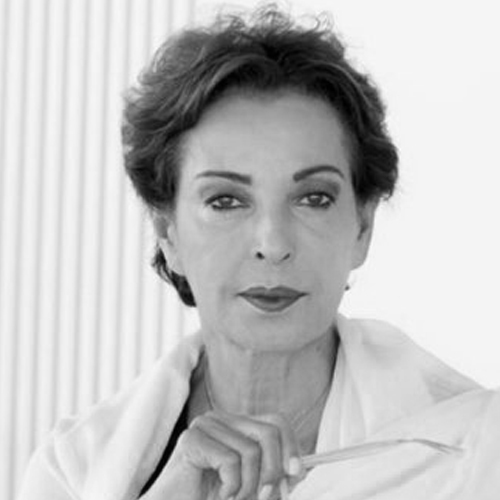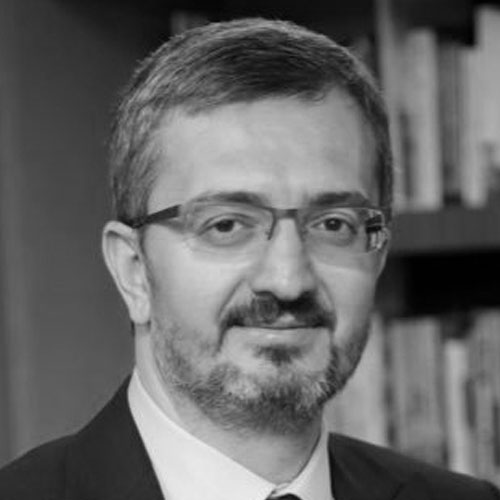The world today is more interdependent than at any other point in history. The core issues facing nations and people, although they present with local particularities, are ultimately global. These include geopolitical conflicts, climate change, food and health crises, mass migration and refugee flows, as well as issues revolving around digital governance, such as cyber security and disinformation. As in the immediate aftermath of WWII, the world again faces a significant gap between the overlapping social, economic, and political challenges we face as a planet and the individualised style of governance favoured by political leaders. The decisions taken by many of today’s leaders will have global impacts far beyond their particular nations, both negatively and positively. A recent example of the latter is President Erdogan’s proactive diplomatic efforts in the conflict between Russia and Ukraine. This session will discuss the opportunities and challenges faced by political leaders in our interdependent world while exploring the effectiveness of different leadership styles in the twenty-first century.
Discussion Themes
What is the role of political leadership in the 21st century?
Which leadership traits are becoming more relevant in today’s multipolar and conflict-ridden world?
What will the political leaders of the future be like? In a multipolar world, in which a balance of power logic drives international affairs, what shifts will we witness with regards to political leadership?
What are the main challenges to becoming an effective leader in the digital age? How does leadership evolve through technological advancement?


